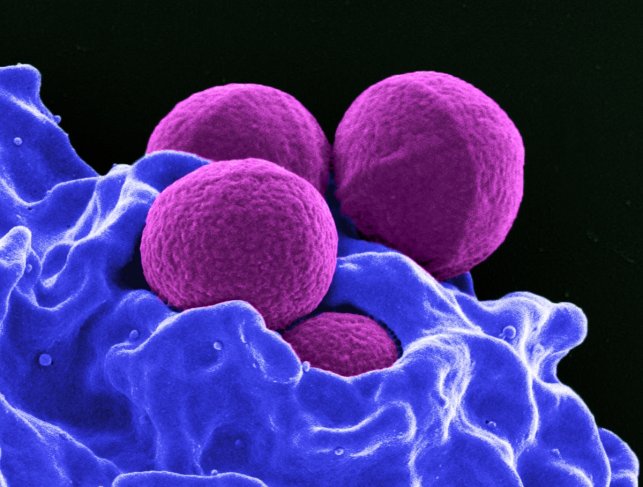
A rare case, where a woman died in Nevada in September 2016 after suffering an incurable bacterial disease, has thrown light on the existing treatment available in the United States for infections caused by drug-resistant organisms. The patient was infected with superbug which left the health-care professionals scratching their heads after successfully resisting 26 different antibiotics.
The 70-year-old patient, researchers say, got contaminated with a virus, identified as a kind of carbapenem-resistant Enterobacteriaceae (CRE), during her trip to India. Though CRE are nothing new in the US and that the fact that they are resistant to the carbapenem class of antibiotics is well known, what shocked the doctors is that it was non-susceptible to all available antimicrobial drugs available in the country.
The patient was first diagnosed with systemic inflammatory response syndrome, following which she was given 14 antibiotics, none of which worked.
After the doctors were able to identify the CRE as Klebsiella pneumonia, samples were sent to CDC to find out the bugs' mechanism of resistance. According to NDTV, the testing confirmed the presence of New Delhi metallo-beta-lactamase (NDM-1) – an enzyme that makes bacteria resistant to a broad range of beta-lactam antibiotics. Moreover, the US Centres for Disease Control and Prevention's antimicrobial testing revealed that the bacteria are even resistant to all aminoglycosides, another last-resort antibiotic called polymixins and even tigecycline which is an antibiotic developed specifically to overcome drug-resistant organisms.
Thus no treatment was possible and the patient died of septic shock in early September, less than two months after admission, reported the news website.
Did the doctors fall short?
However, her autopsy showed that the infection might have been controlled by administration of an antibiotic fosfomycin, which is not approved in the United States. Fosfomycin is a is a broad-spectrum antibiotic produced by certain Streptomyces species and can be made by chemical synthesis and is widely used in several European countries, including Britain to treat such extreme cases.
Also read: SHOCKING: Infection from pet dog's saliva sends man to coma
"This is important because we are seeing increasing numbers of drug-resistant infections, and this is one of the first cases for Klebsiella where no drug options were open to the medical staff," said Paul Hoskisson, a researcher at the University of Strathclyde, in Scotland.
Highly contagious bacteria
Another concern for the doctors were that CRE, other than being deadly, are highly contagious. Researchers said that their antibiotic resistant enzymes are present in mobile pieces of DNA and can spread to other types of bacteria. "It's what we call a promiscuous plasmid, that seems to move easily between species," said Alex Kallen, a CDC medical epidemiologist, according to the news report.
America falling behind Europe?
After the incident, concerns were raised about such health emergencies and what should doctors do in these cases.
"The report highlights international travel and treatment overseas as a feature in the introduction of this pan-resistant isolate into the USA," said Nick Thomson, leader of the bacterial genomics and evolution group at the Wellcome Trust Sanger Institute in England, according to the report.
"Since we live in such an interconnected society, this is important because this isolate represents a truly untreatable infection," he added saying that the doctors are left with almost no options other than preventing further transmission.
It was also reported that Laura Piddock, a professor of microbiology at the University of Birmingham, said that the case highlight how cripple doctors are in such situation and they "need the flexibility to use antibiotics licensed for use in other countries" to save lives.








